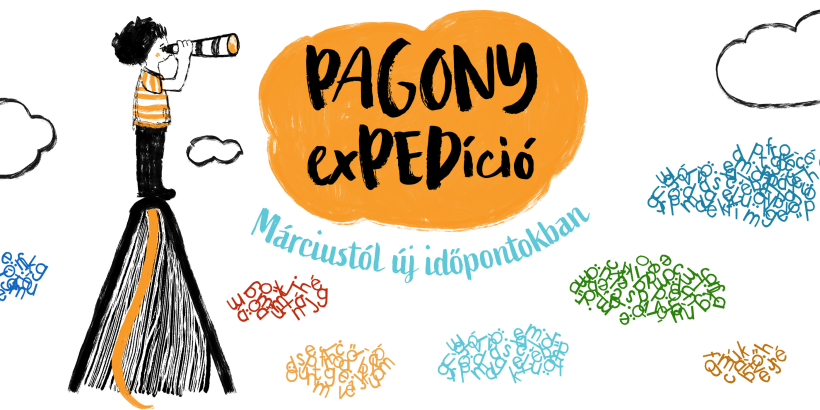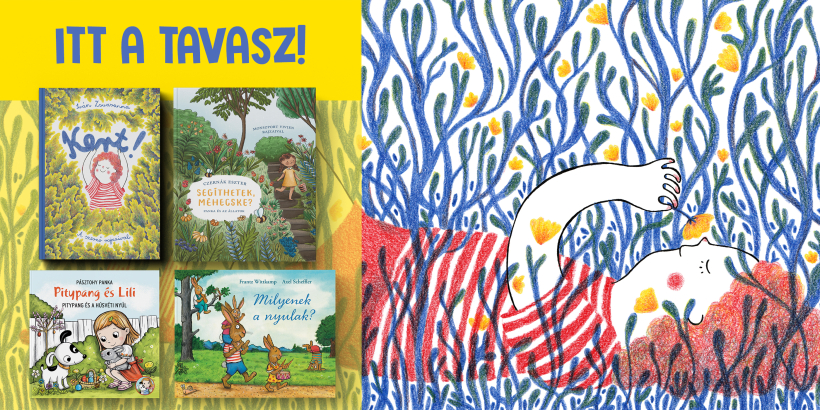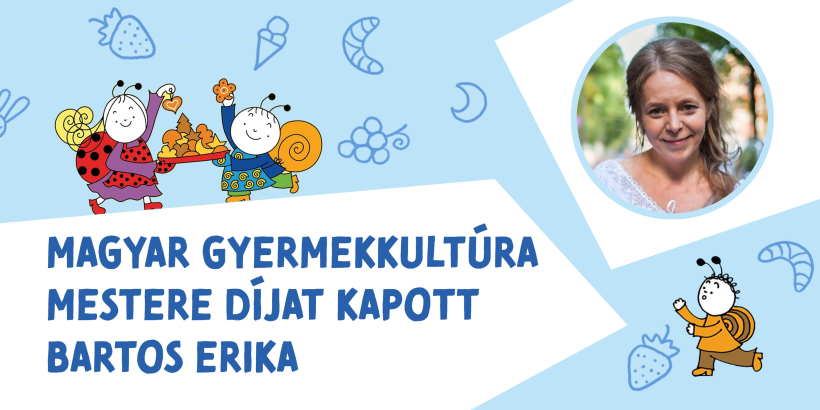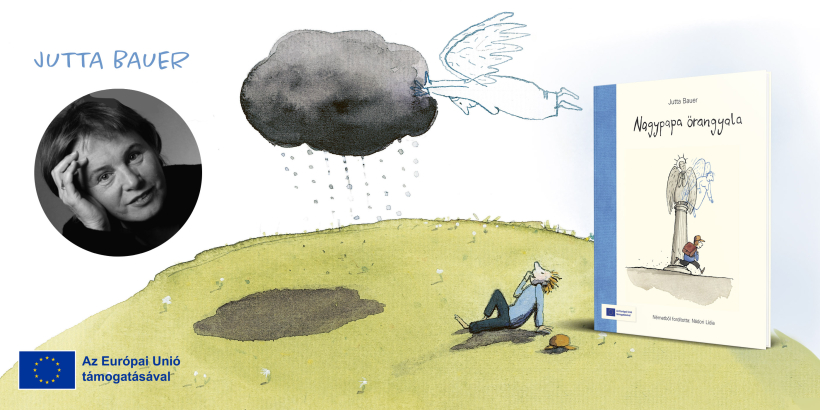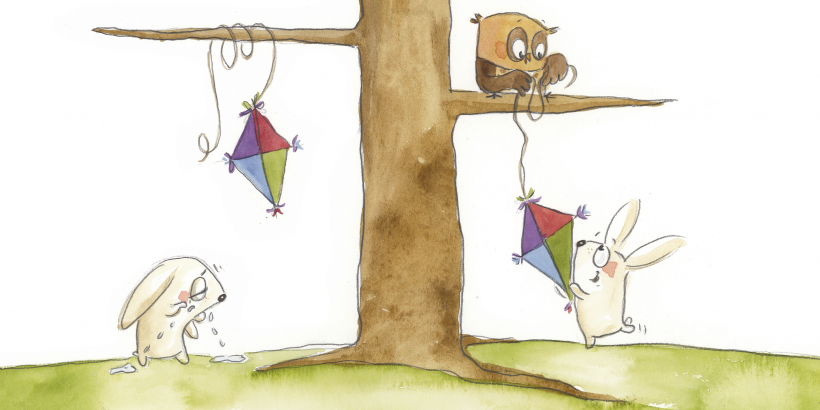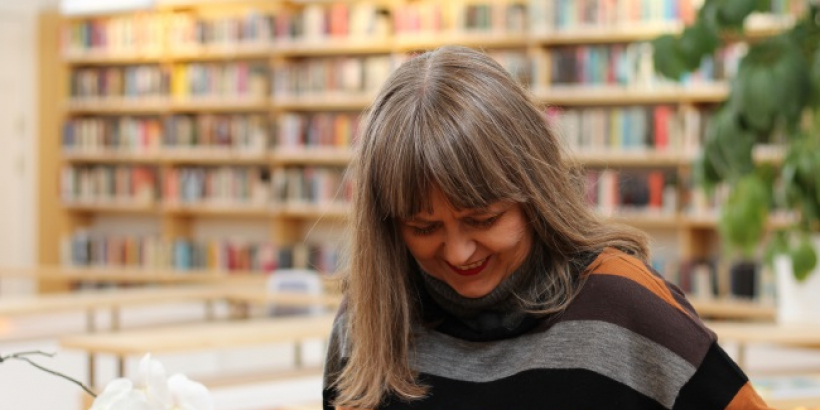
Iceland is a country of contrasts
Read the original interview with Jónína Leósdóttir!
– What made you pick this very serious topic for a book written about, and for young adults?
It was due to personal experience. Both close friends of mine and family members have battled with depression as young adults, and I have lost people I was very fond of through suicide. Therefore, I felt it was extremely important to write a book on this topic for a young audience, but it took me about ten years to find the right way of doing it.
It is a very delicate subject that has to be “handled with care”. But I did not want the novel to be sad and serious. So, perhaps a bit surprisingly, I finally decided to deal with this topic, suicidal depression, in a humorous thriller.
– When the book came out in Iceland you toured around schools talking about your book and meeting young readers. How did they react to the story and the problems discussed in it?
They showed a lot of interest and that did not really surprise me. Our teenage years are usually characterised by so many different – and often difficult – feelings. Of course, not everyone goes through serious depression, but we get hurt and sad and angry. And, of course, happy and passionate, too.
Many of the teenagers I spoke to had already experienced having a friend that needed help because of depression, and they were very open about this. It is not such a taboo any longer with the young generation and I think that’s a very good thing.

– Iceland nowadays is often featured in foreign media as a quite utopistic place. For example, every year it's in the news that the Icelandic population is one of the happiest people in the world. So how come that the young heroes of your book don't seem to fit in this picture, and one of them may even be contemplating suicide?
Iceland is a country of contrasts. We have dark and cold winters and then summer arrives with constant daylight. I think this is also reflected in our national psyche. After all, all human beings are affected in some way by their surroundings and here in Iceland most people are in close contact with nature. Even in our largest city, Reykjavik, we are never far away from the deep ocean and large, dramatic mountains.
– Literature from the Nordic countries, be it crime fiction or books for children or young adults, has a reputation of being quite fearless and not being afraid to tackle important and uncomfortable social issues and problems. Why do you think this came about and how do you see, does it help to discuss these problems more openly in society and to try to deal with them?
I honestly don’t know why Nordic literature and films so often deal openly with social issues. But I am in no doubt that bringing those things up to the surface, for example in art, helps enormously. It is never a sensible idea to bottle things up and hope the problem goes away if you don’t mention it aloud. Then, quite the opposite will usually happen.
– What would your personal advice be to someone who finds herself in a similar situation as the protagonist of the book?
Speak to someone you trust – preferably and adult – who can guide you in helping the person who is depressed and unhappy. It can be your parent or a teacher, perhaps. Dealing with this on your own, like my protagonist does, is not a good idea.


